Job interviews can be nerve-wracking. There are many unknowns before you turn up: what the interviewer will be like, what kind of questions they’ll ask, whether you’ll be able to see yourself fitting in with the company culture. However, with a good amount of interview preparation you can set yourself up for more chances of success.
In this blog, we’ll give you practical tips on how to prepare, how to stand out, and how to follow up, putting you in the best possible position to master the art of job interviews.
How can you best prepare for a job interview?
If you’ve got as far as a job interview, it’s safe to assume you’ve already read the job requirements for the role you’ve applied for and have at least some idea about who the company is and what they do.
In order to impress, make sure you do adequate research beforehand. Take another look at the job specification to understand the requirements of the role and think of past experiences you’ve had to reflect them. This will give you examples to pull from when you’re asked questions. You should also have a good idea of the company. Take a look at their website to understand their products or services and who their customers may be. Many websites will have an ‘About us’ section, so you should read this section to gain insight on what their values and mission are, and what the recent news from the company has been.
When you schedule the interview, the recruiter will usually provide you with details of who you’re meeting. Look your interviewer up on LinkedIn to see what their role is in the company and whether you’ll be working alongside them. Additionally, take a look at their professional background to see if you share any common experiences. Highlighting these similarities can help demonstrate that you’ve done your research and establish a connection during the interview.
Many interviewers will leave space at the end to ask if you have any questions for them. During your research, some questions may come to mind. Jot them down so you can ask them, showing you’re eager to learn and are interested in the role and the company. If the recruiter hasn’t told you already, you can also ask about the interview process and whether there are more rounds, to show you’re keen on moving to the next step.
What techniques can help reduce anxiety before a job interview?
Being anxious before an interview is a normal reaction. In order to thrive in the interview setting, it’s important to try and reduce your anxiety.
Getting a good night’s sleep the night before is essential. Feeling well-rested will enable you to concentrate. Make sure you’ve eaten beforehand, too. A rumbling stomach can be quite distracting! Practise some breathing exercises if you can feel your pulse beating quicker than normal. You could also plan your journey to the interview location so you arrive slightly earlier, giving you time to sit and wait and collect yourself before you go into the interview room.
When you’re being interviewed, take your time when answering the questions. Anxiety can make you rush and panic, but taking a second to think about the question will allow you to fully form an answer and show your communication skills. It’s also important to listen closely to what you’re being asked, so move your concentration away from your anxiety and onto the person in front of you.
How to stand out during a job interview
As well as showing you’ve done your research, there are many things you can do to stand out during a job interview.
First impressions matter, so come to the interview dressed appropriately and professionally. You may be able to look up the company’s dress code, but if not, a smart shirt and trousers is generally good. Body language and non-verbal cues can also show a level of confidence, professionalism, and engagement, so be mindful of your posture, maintain eye contact, and offer a firm handshake when you meet your interviewer. These are all things you can practise before going to the interview, particularly if you ask a friend or family member to conduct a mock interview with you.
Having thoughtful questions prepared to ask at the end of the interview will also help you to stand out as you’ll show your genuine interest in the role and the company.
What is the STAR method when interviewing?
The STAR method is commonly used in interviews to answer behavioural-based questions and show your core competencies and stands for situation, task, action, result.
You should aim to answer questions by referring to the:
- Situation: The specific situation you were in or the task you were accomplishing
- Task: The goal you were working towards
- Action: What you did to address the situation, keeping the focus on you and being as detailed as possible.
- Result: The outcome of your action, what you accomplished, and what you learnt.
What are some common interview questions I should be prepared for?
You can’t predict every question you’ll be asked, but having specific examples and STAR responses prepared to the key points on the job description will help you.
There are also many other common interview questions interviewers ask. They may ask you to tell them about yourself, and to this question you should detail your work experience to date, and the roles and companies you’ve worked in. They’re likely to ask why you’re interested in the job you’re being interviewed for. For this, you can draw on your research and pull out points that you found interesting or that appealed to you. They may also ask what your strengths and weaknesses are, and where you see yourself in five years. While these can be tricky to answer, it’s a good idea to have some ideas before you go to the interview. If you’re not sure, ask your current co-workers what your strengths and weaknesses are.
What should I do to follow up after an interview?
After the interview, it’s a good idea to send the interviewer a personalised message thanking them for their time and consideration. Send them a thank you email expressing this within 24 hours of the interview, reiterate your interest in the role and your suitability, and make it clear you’d willingly ask any other questions they may have.
Doing this shows you’re keen to work with them, demonstrates professionalism, and leaves a lasting impression. It also opens a bridge to developing a professional connection, so even if you’re not successful this time, they may consider you for another opportunity later on.
Make a positive impression in your next job interview
If you’re looking for your dream job, it’s important to be able to show adaptability, teamwork, and problem-solving skills to potential employers.All of these skills can be learnt by embarking on further study.
The University of Sunderland offers part-time and online degrees to enhance your hard and soft skills whilst giving you a more in-depth understanding of your chosen subject.
Put yourself in a prime position for progression, and impress future recruiters. Choose your degree:
MBA degrees:
- International MBA
- MBA with Project Management
- MBA with Healthcare Management
- MBA with Supply Chain Management
- MBA with Hospitality Management
Computer Science master’s:
- MSc Computer Science
- MSc Computer Science with Data Science
- MSc Computer Science with Cyber Security
MDES Design
- MDES Design
- MDES Design with Fashion Design
- MDES Design with Graphic Design
- MDES Design with Animation
Management master’s:
LLM degrees:
Blended nursing degrees:
Nursing degrees:






